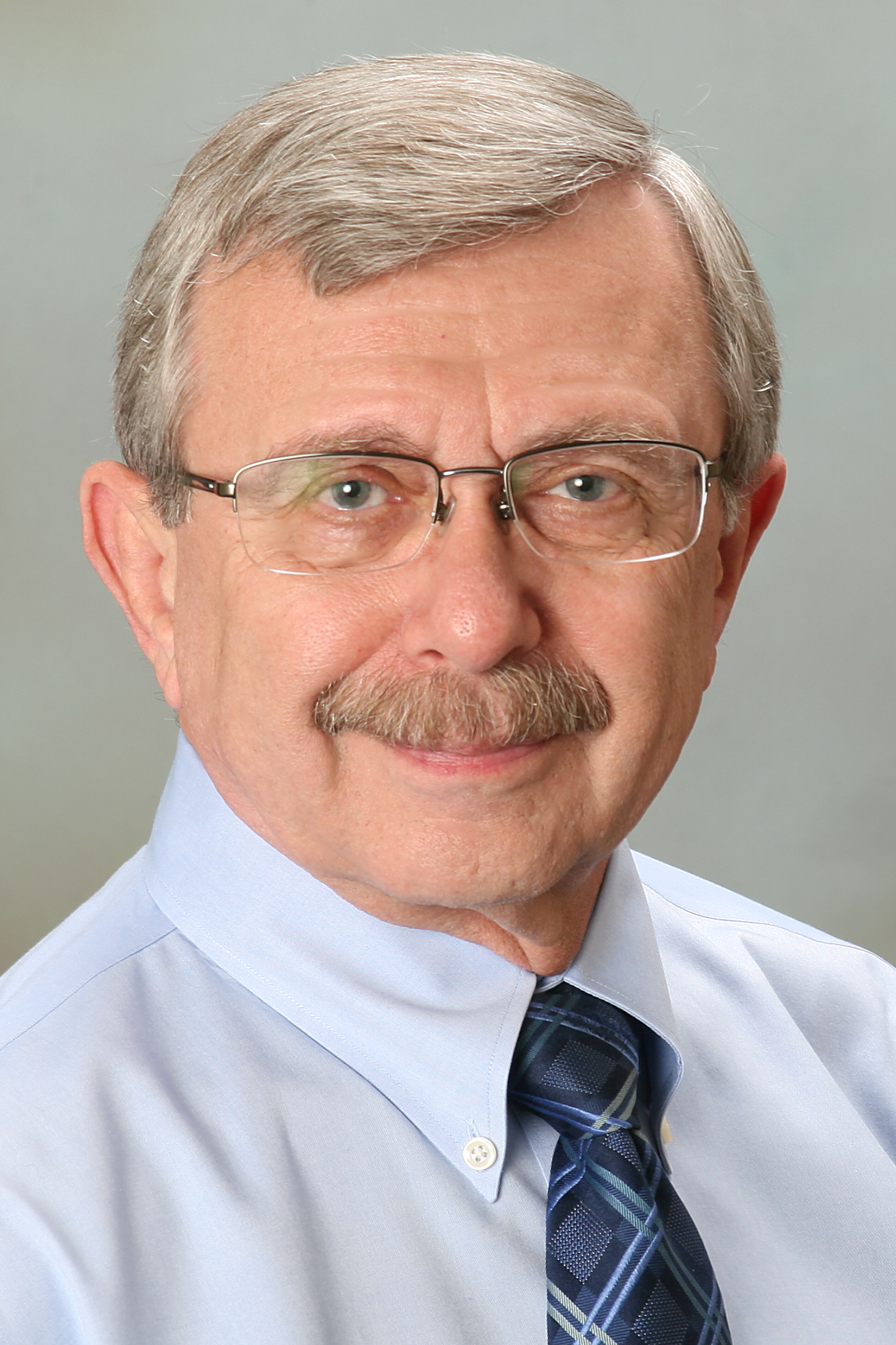
Dr. Simon Olstein
MD, FASAM, FACS, RYT
Dr. Olstein joined Direct2Recovery as a staff physician for the treatment of addiction in December 2019. Prior to joining Direct2Recovery, Dr. Olstein was the medical director of Scottsdale Treatment, Inc., another outpatient substance abuse treatment facility. He had been with STI from 2008 until November 2019. Prior to that, he practiced Vascular Surgery in the Valley of the Sun for over 25 years. He obtained his medical degree from New York Medical College, New York, N.Y. in 1973. He completed his internship, general surgery residency and vascular surgery fellowship in Phoenix, AZ. He was board certified in Addiction Medicine by the American Board of Addiction Medicine in 2010. He was previously certified by the American Board of Surgery and is a Fellow of the American College of Surgeons (FACS). Dr. Olstein is also a Fellow of the American Society of Addiction Medicine (FASAM) and is the Secretary of the Board of Directors of the Arizona Society of Addiction Medicine. He is a clinical assistant professor at the University of Arizona College of Medicine – Phoenix, teaching 1st and 2nd year medical students. He has spoken extensively at area conferences and meetings and has run recurring educational sessions for patients and their support people. In addition to his medical practice, he is also a registered yoga teacher (500-hour RYT). Dr. Olstein was named to Phoenix Magazine’s 2001 and 2003 Top Doctors list for Vascular Surgery. In 2011 he was named to the magazine’s Top Doctors list for Addiction Medicine.
Dr. Olstein’s personal statement: I share Dr. Flatley’s passion for assisting people in fighting the scourge of addiction. It’s very gratifying to be able to help someone chart a new, healthier path for their life. I’m also particularly interested in helping to spread more knowledge to other healthcare providers and to the public about the nature of addiction and the evidence-based methods of treatment that are available. There are many people, including some physicians, who continue to believe that addiction is a character flaw and a moral failing. Providing more education and information will help people understand that addiction is truly a chronic disease, similar in many ways to diabetes and hypertension. This will hopefully decrease the stigma attached to addiction and will encourage more people to seek professional assistance.
